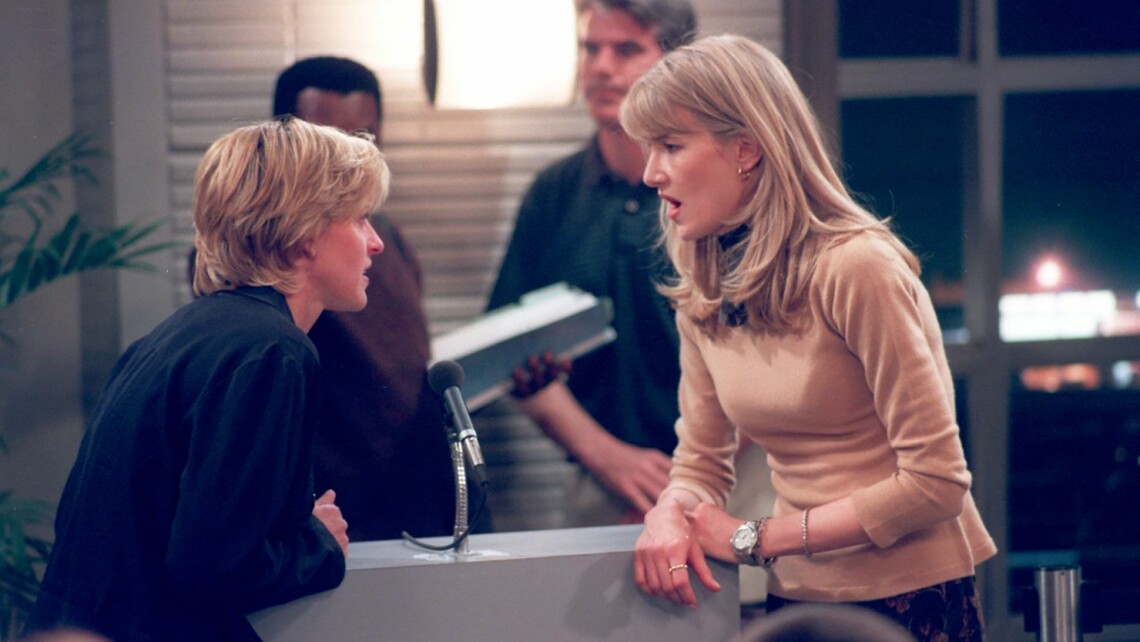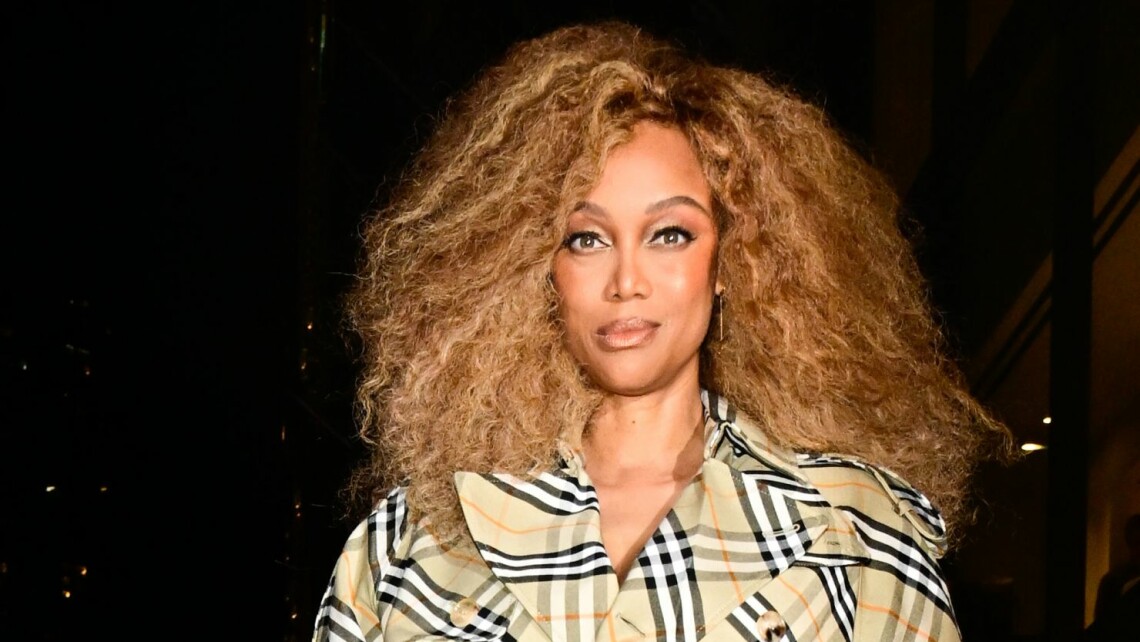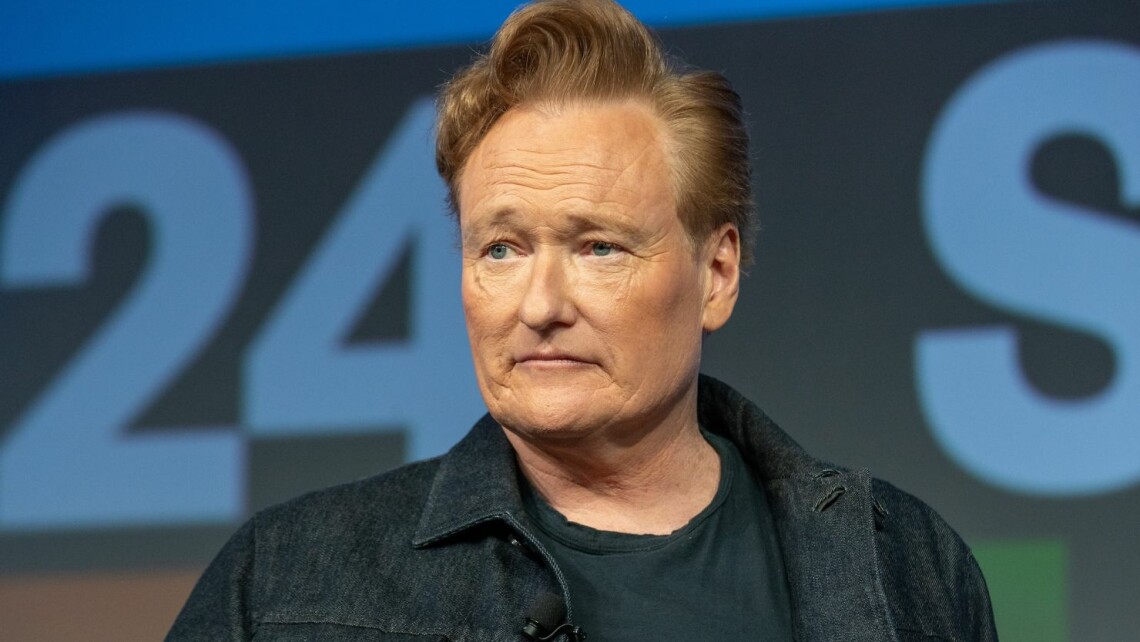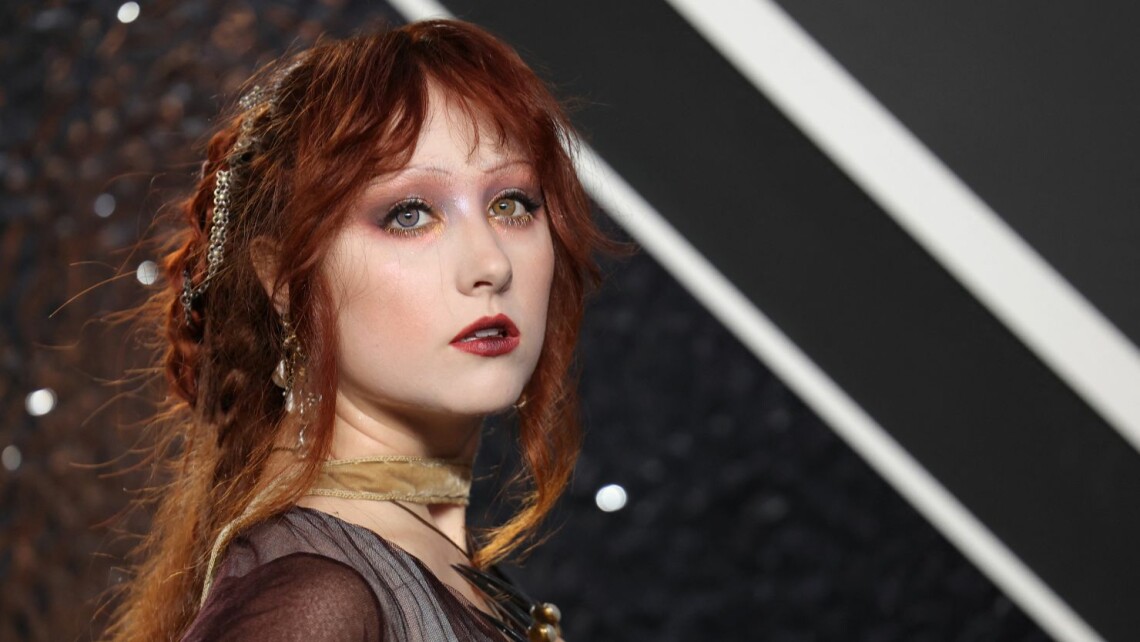Nearly 30 Years After Ellen's Coming Out, TV Has Transformed

In the lead-up to the 1997 debut of "The Puppy Episode," the groundbreaking installment of Ellen DeGeneres’ renowned sitcom "Ellen," whispers of an impending revelation circulated: both the comedian and her onscreen persona would publicly identify as gay. As the premiere drew near, anticipation surged. An early version of the script found its way into the public sphere. DeGeneres hinted at the momentous declaration in numerous interviews. Just weeks before the episode aired, she graced the cover of Time magazine, openly discussing her sexuality. Thus, when "The Puppy Episode" was finally set to broadcast, viewers were poised on the edge of their seats, eager for Ellen Morgan to utter those pivotal words.
Yet, suspense lingered. At the episode's outset, Ellen's friends grew restless, waiting for her to emerge from the bathroom.
"Ellen, are you coming out or not?" they demanded. "Quit jerking us around and come out already!" Ellen popped her head out, humorously retorting, "What is the big deal, I've got a whole hour!"
This hour-long, joke-laden episode brimmed with self-referential humor about Ellen's sexual orientation. Before "The Puppy Episode," Ellen Morgan seldom dated and largely eschewed romance, a departure from sitcom norms that vexed network executives. The episode's title purportedly stemmed from a remark by former Disney CEO Michael Eisner, who suggested that if Ellen wasn’t dating men, perhaps she could at least adopt a puppy.
Though Ellen Morgan never did get that puppy, the episode was historic. Ellen emerged as one of the first openly gay lead characters on television. Despite "Ellen" being canceled after five seasons, "The Puppy Episode" left an indelible mark. Academics have dissected its impact in numerous scholarly articles, and it paved the way for future sitcoms like "Will & Grace" and "Modern Family" to feature gay protagonists.
Dava Savel, co-showrunner during "Ellen's" fourth season, has penned countless TV episodes in her storied career. She continues to chase the "lightning in a bottle" found in "The Puppy Episode." "The episode struck a deeply sensitive chord in this country," she explained to CNN. "That's why it resonated — because it was authentic."
The inception of "The Puppy Episode" began with DeGeneres herself. The comedian gathered the writing team for dinner prior to the fourth season, revealing her desire for Ellen Morgan to come out. (While her colleagues were aware of DeGeneres' sexuality, she had not yet publicly disclosed it.) "It started from her, wanting to be true to herself," Savel noted. "Imagine not being able to be who you truly are — ‘my character’s one way, but I’m another.’ Often, the characters and the actors portraying them blend together."
After securing approval from Disney TV executive Dean Valentine, Savel and the episode’s co-writers delved into the project, interviewing gay writers and cast members about their personal coming-out stories. The endeavor was risky but exhilarating as they charted the season leading to Ellen's revelation.
"This was an established character on a prominent show — one of the biggest they had — and it would either succeed or fail spectacularly," she recounted. The writers stipulated a few conditions for ABC: the episode needed to be an hour long and should air after "sweeps week," a period when networks determine advertising rates based on viewership. Episodes aired during sweeps often featured publicity stunts to boost ratings, but Ellen's coming out was not to appear "gratuitous," Savel insisted.
To ensure the moment felt genuine, the writers sprinkled hints throughout the season until Ellen finally confronted her sexuality. Gay innuendos peppered the fourth season: a microwave or doorbell would sound when the word "gay" was mentioned. In one scene, Ellen sings "I Feel Pretty" from "West Side Story," pausing before the "gay" lyric. Throughout the season, Ellen visits various therapists, exploring her feelings of insecurity and dissatisfaction, yet finding no answers.
It was the introduction of Susan, an openly gay woman portrayed by guest star Laura Dern, that finally allowed Ellen to embrace her identity. The two shared an undeniable chemistry upon meeting. After confessing her feelings to her therapist — played by none other than Oprah — Ellen raced to the airport to reunite with Susan, finally ready to express her truth.
"I can't even say the word," Ellen lamented in a critical scene, visibly struggling with her inability to articulate her emotions. "Why can't I say the word? … What's wrong? Why am I so ashamed? I'm 35 years old. Why am I so afraid to tell people?" And then, inadvertently, into a microphone at the airport gate: "Susan, I'm gay."
Over 42 million viewers tuned in live to witness the episode, a notable increase from the season's usual audience. The broadcast did spark anticipated backlash — "letters, death threats," Savel recalled; an ABC affiliate in Alabama even refused to air it — yet the negativity was overshadowed by an outpouring of gratitude from fans who found courage in Ellen’s story.
Savel witnessed the episode's impact firsthand. After receiving an Emmy for co-writing "The Puppy Episode" in 1997, she joined her fellow writers and DeGeneres backstage to meet the press. En route, they were greeted by lines of caterers and servers, pausing to applaud and congratulate the "Ellen" team. The memory still moves Savel to tears. "We were soaring," she reflected. "Those moments of truth — that was everything."
Rachel Loewen Walker, an assistant professor in women's and gender studies at the University of Saskatchewan, still screens "The Puppy Episode" for students, many of whom are unfamiliar with DeGeneres' sitcom past. "The episode was a pivotal moment in queer representation, especially given its context: The beloved Ellen DeGeneres was authentically gay," Loewen Walker told CNN. "Her coming out transcended the screen, rendering the story real in a way sitcoms seldom do."
Following the fourth season, Savel and other writers were dismissed as "Ellen" evolved into a new chapter. The fifth season featured a more confident Ellen, exploring romance and embracing her life as an openly gay woman. (ABC attached parental advisories to episodes featuring gay content, against DeGeneres’ wishes.) This new Ellen marked a stark contrast from the earlier, self-effacing version who shunned romance.
The ratings for the revamped season plummeted, leading to "Ellen's" cancellation in 1998. (While ABC never explicitly stated it, observers like Loewen Walker believe the show was "too gay" for the network at that time.) DeGeneres returned to television in 2001 with "The Ellen Show," another sitcom featuring a gay protagonist, though it was short-lived. She later found immense success with her daytime talk show starting in 2003.
"Reflecting on 'Ellen,' I feel DeGeneres bore an enormous burden for future queer characters," Loewen Walker remarked. "Her absence allowed others to have presence." "The Puppy Episode" accomplished something rare in television: it transformed a beloved character, developed with care over several seasons, into a self-assured, unapologetic gay woman.
Even a year later, "Ellen's" influence was evident. When "Will & Grace" debuted, characters Will and Jack were introduced as gay from the start, bypassing the need for a coming-out narrative. Over a decade later, "Modern Family" introduced audiences to Mitchell and Cameron, a couple whose storyline included their adopted daughter, Lily. Now, series like "Heartstopper" center on young queer characters, capturing a new generation.
Lesbian representation on television, however, has progressed at a slower pace since "Ellen," according to Loewen Walker. Characters like Arizona Robbins on "Grey's Anatomy" and the women of "Orange Is the New Black" were introduced as openly lesbian, and shows like "The L Word" featured predominantly lesbian casts. Yet these characters often faced violence and tragedy or, as in the original "L Word," were critiqued for stereotypes and misconceptions.
"It's still uncommon to see lesbians in primetime sitcoms," Loewen Walker observed. "'Modern Family' brought gay men into our homes, but I can't recall a lesbian or queer woman receiving the same family-friendly acceptance." DeGeneres, however, was warmly welcomed as a talk show host, adored by millions for her humor and generosity. Much of that goodwill waned amid reports of a toxic workplace environment. (DeGeneres addressed the damage to her image in a recent Netflix special, which she announced would be her last.)
Savel hasn't collaborated with DeGeneres since 1997, though she remembers her as a "tough," demanding leader with the "results to show for it." Nonetheless, "The Puppy Episode" remains an integral part of DeGeneres' legacy. "She is eternally enshrined in this episode as an advocate for oppressed, closeted gay individuals," Savel stated. "Beyond the Emmy and Peabody, there's an entire nation that recalls the significance of this moment.


